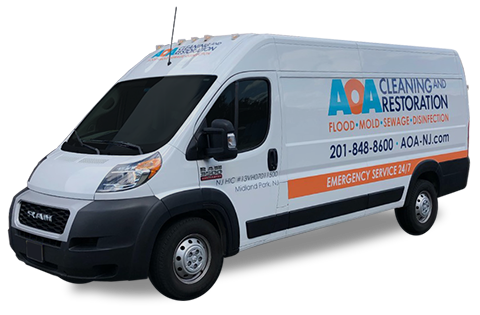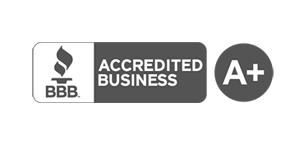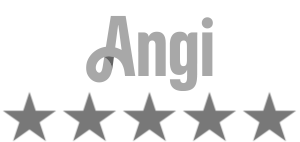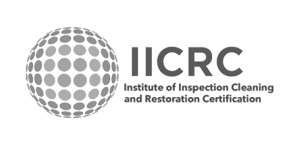Tips for Property Managers on Managing a Mold Problem
Left untreated, mold can cause a lot of damage to buildings. Plus, exposure to mold can result in a variety of health problems and symptoms, including allergic reactions for your tenants. Taken a step further, exposing tenants to mold can expose landlords and property managers to liability issues, potential lawsuits, and undue expense. It need not get that far!
Building owners and property managers can take certain steps to protect the health of occupants, protect their buildings from damage and mitigate the risk of mold.
Mold prevention
Mold needs moisture and oxygen to grow, which means mold can grow on virtually any organic substance. While it is impossible to eliminate all mold and mold spores in an indoor environment, moisture control is the key to mold control. Some steps to thwart mold include:
- Repair leaky plumbing and building leaks as soon as possible.
- Check for condensation and wet spots, and repair problems quickly. Be sure to clean and dry wet/damp spots within 48 hours.
- Keep heating, ventilation, and air conditioning drip pans clean and unobstructed.
- Vent moisture-generating appliances, such as dryers, to the outside where possible.
- Maintain low indoor humidity, ideally at 30-50%, if possible.
- Schedule and perform regular building/HVAC inspections and maintenance.
- Ensure that building foundations stay wet with proper drainage. Slope the ground away from the foundation.
Signs of mold
Indoor mold growth may not be obvious. It can grow unnoticed on hidden surfaces—on the backside of dry wall, underside of carpets or pads, or hidden within utility tunnels.
If a building smells moldy, the site may have hidden mold. Other telltale signs: there has been recent water damage in the building or building occupants are reporting health problems. If mold is suspected, call a licensed mold remediation company to investigate. Don’t go it alone. Disturbing mold and mold spores may result in spores being released into the air causing an increase in the risk of respiratory exposure.
Engage building occupants and/or tenants to notify the property management team if activities are planned that could affect the building such as construction or other pollutant releasing activities. Also, advise occupant and/or tenants to promptly bring any unusual conditions to the attention of the building management team.
Taking care of mold
Mitigating the risk of mold and exposure to mold is relatively easy, if property managers handle the problem correctly. Here’s how to find a mold expert:
- Find a licensed mold remediation company. A licensed contractor has the training, expertise and experience required to do the job well, safely and to code. While a license doesn’t guarantee quality, it provides assurance that the contractor has adequate knowledge and experience in his or her field.
- Confirm that company is certified for mold removal and remediation. This will ensure that the company knows how to remove the mold safely in order to prevent any potential health risks. Reputable remediation companies should participate in certification programs such as the Institute of Inspection Cleaning and Restoration Certification (IICRC). Ask for proof of certification.
- Be sure that the company is insured and conducts employee background checks. Verify that the contractor is up to date on its liability and worker’s comp insurance, that the amount is adequate, and that the policy covers mold and microbial work. A reputable business should be bonded and conduct background checks on its employees.
- Get a written estimate after an on-site evaluation. As with any reputable sub you hire, have the contractor come to the job site, investigate the situation and present a detailed, written estimate with all services to be provided noted.
Be sure to communicate with tenants/occupants if and when work will be done in the building. Let them know the company that has been retained and that uniformed workers may be in the building as well as the dates they may be on the premises.
At AOA Cleaning and Restoration, we advise our commercial clients throughout northern New Jersey to be proactive with a strong preventive maintenance program that helps avoid mold problems. We’re happy to discuss this and provide information on how to address water or mold issues effectively. Should you need mold experts who deal with mold remediation as a core part of their business, give AOA a call at (201) 848-8600.We can handle the situation from cleanup through complete restoration.




















